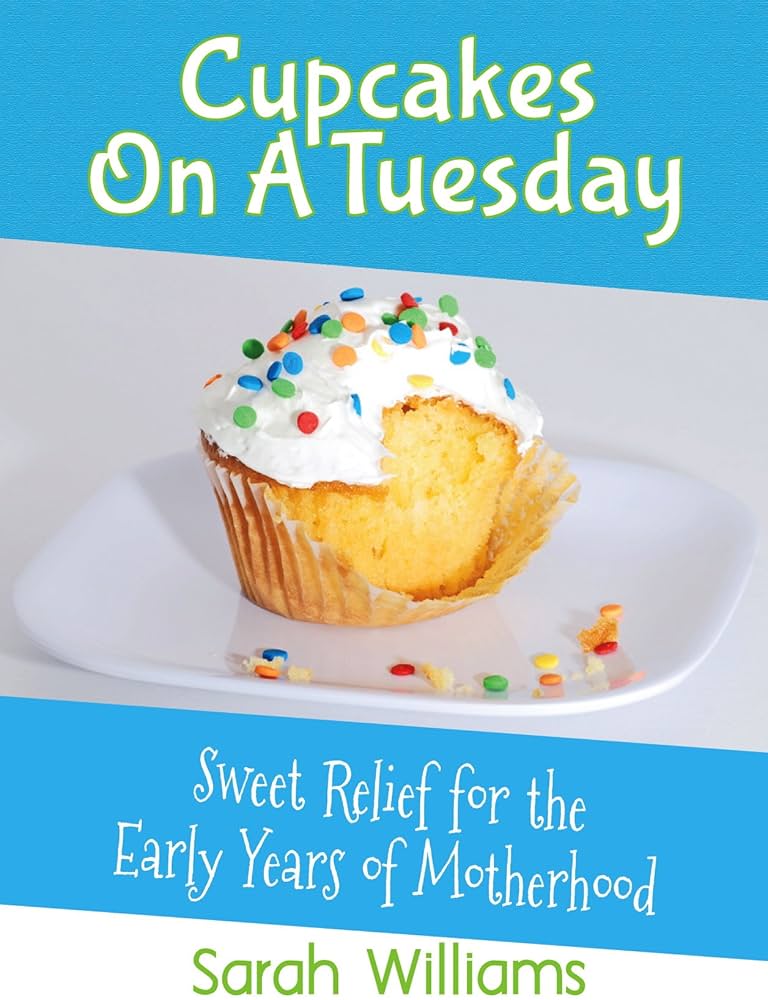Cupcaked Parenting: The Sweet and Sour of Modern Child-Rearing
In today’s fast-paced world, parenting has taken on a new flavor, one that can be described as "cupcaked." This term encapsulates the idea of a parenting style that is overly indulgent, often prioritizing a child’s immediate happiness over their long-term development. While the intention behind this approach is often rooted in love and care, it can lead to unintended consequences that affect a child’s growth and resilience.

The essence of cupcaked parenting lies in the desire to create a perfect environment for children. Parents who adopt this style often go to great lengths to ensure their children experience joy and satisfaction at every turn. This can manifest in various ways, from lavish birthday parties to constant praise for even the smallest achievements. While these gestures can foster a sense of self-worth, they may also create unrealistic expectations for children, leading them to believe that life will always be sweet and easy.
One of the primary concerns with this approach is the lack of resilience it can instill in children. When parents shield their kids from failure or disappointment, they inadvertently rob them of the opportunity to learn valuable life lessons. Challenges and setbacks are essential for personal growth, teaching children how to cope with adversity and develop problem-solving skills. By constantly providing a "cupcake" experience, parents may hinder their children’s ability to navigate the complexities of life.
Moreover, cupcaked parenting can blur the lines between support and overprotection. Parents may feel compelled to intervene in every situation, whether it’s helping with school projects or mediating conflicts with peers. While the intention is to support, this can lead to a lack of independence in children. They may struggle to make decisions or take responsibility for their actions, relying heavily on their parents for guidance. This dependency can stifle their ability to develop critical thinking skills and self-confidence.
Another aspect to consider is the impact of social media on parenting styles. In an age where every moment is documented and shared, parents may feel pressured to present a picture-perfect family life. This can lead to a cycle of comparison, where parents strive to outdo one another in creating memorable experiences for their children. The desire to showcase a "cupcaked" lifestyle can overshadow the importance of authenticity and genuine connection. Instead of focusing on meaningful interactions, parents may become preoccupied with crafting an idealized version of their family life.
To counteract the pitfalls of cupcaked parenting, it is essential for parents to strike a balance between nurturing and challenging their children. Encouraging independence and resilience should be at the forefront of parenting strategies. This can be achieved by allowing children to face age-appropriate challenges, whether it’s tackling a difficult homework assignment or resolving conflicts with friends. By stepping back and allowing children to navigate these situations, parents can help them build confidence and develop essential life skills.
Additionally, fostering open communication is crucial. Parents should create an environment where children feel safe expressing their feelings and concerns. This not only strengthens the parent-child bond but also encourages children to articulate their thoughts and emotions. When children know they can share their struggles without fear of judgment, they are more likely to develop emotional intelligence and resilience.
Ultimately, the goal of parenting should be to prepare children for the realities of life, equipping them with the tools they need to thrive. While it is natural to want to provide a joyful and supportive environment, it is equally important to allow children to experience the full spectrum of life’s challenges. By embracing a more balanced approach, parents can help their children grow into well-rounded individuals who are capable of facing the world with confidence and resilience.
In this journey of parenting, it is essential to remember that life is not always sweet, and that’s perfectly okay. Embracing the messiness of life, along with its joys, can lead to a richer, more fulfilling experience for both parents and children alike.




